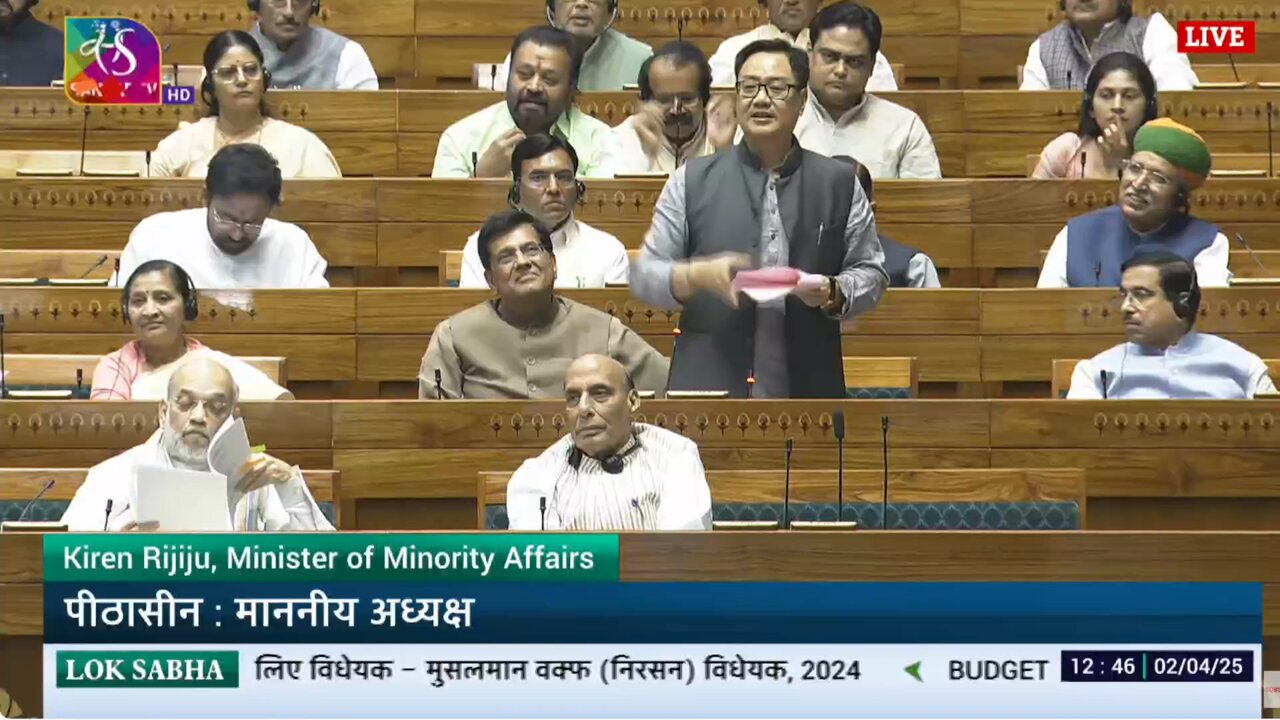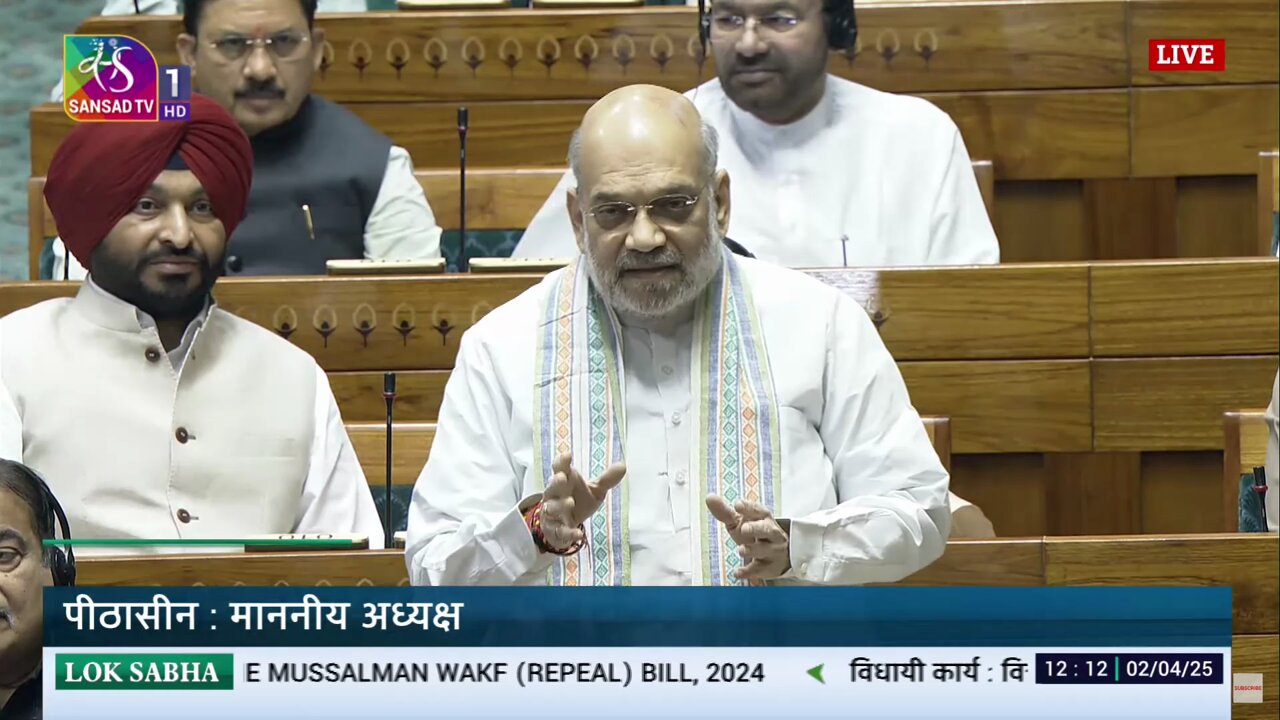The Waqf Amendment Bill 2025 has been passed in the Lok Sabha, with 288 MPs voting in favour and 232 against. The run-up to this event has seen a sharp debate on the proposed changes to the law, with the BJP-led NDA claiming it will lead to reforms. On the other hand, the opposition has questioned this claims, and has counter-claimed that a large section of Muslims are is against it. But what is Waqf?
What is Waqf?
A waqf is an inalienable charitable endowment under Islamic law. It typically involves donating a building, plot of land or other assets for Muslim religious or charitable purposes with no intention of reclaiming the assets. In India, the concept of Waqf has a long history, dating back to the early days of the Delhi Sultanate.
First recorded instance of Waqf
The first recorded instance of Waqf in India was the gift of two villages by Muhammad Ghori, an invader of the Ghurid dynasty, in favour of the Jama Masjid of Multan. This occurred around 1185, during the early Islamic conquests in India. Ghori entrusted the management of these villages to the Shaikh-al-Islam, a prominent religious leader, as documented in the Persian book "Insha-i-Mahru" by Aynul Mulk Multani.
ALSO: "We have democratic committees": Amit Shah slams the opposition for objections on Waqf (Amendment) Bill
First Law Regarding Waqf in India
The Waqf law has evolved over time, but its foundation was laid in 1913. The first Waqf law in India was enacted during the British colonial period—the Mussalman Wakf Validating Act, 1913. It provided a legal framework to manage waqf properties and prevent their misuse, validating private waqf, which earlier operated under Sharia law. The British introduced this law due to rising tax evasion and property disputes. Before this, waqf relied on Sharia-based customary practices.
ALSO: Kiren Rijiju tables the Waqf (Amendment) Bill in Lok Sabha, expressing hope that everyone will support it
Evolution of Waqf Law in India
Later, in 1954, independent India introduced the Waqf Act, 1954, followed by the Waqf Act, 1995, which remains operational today. Amendments in 2013 granted waqf boards more powers. Now, the Modi government has introduced the Waqf Amendment Bill, which it claims will bring much needed reforms and enhance transparency. However, the opposition has claimed that its against the sentiments of a large section of Muslims.
ALSO: Lok Sabha takes up Waqf Bill; "Large section of Muslims are feeling threatened," says Prashant Kishor







